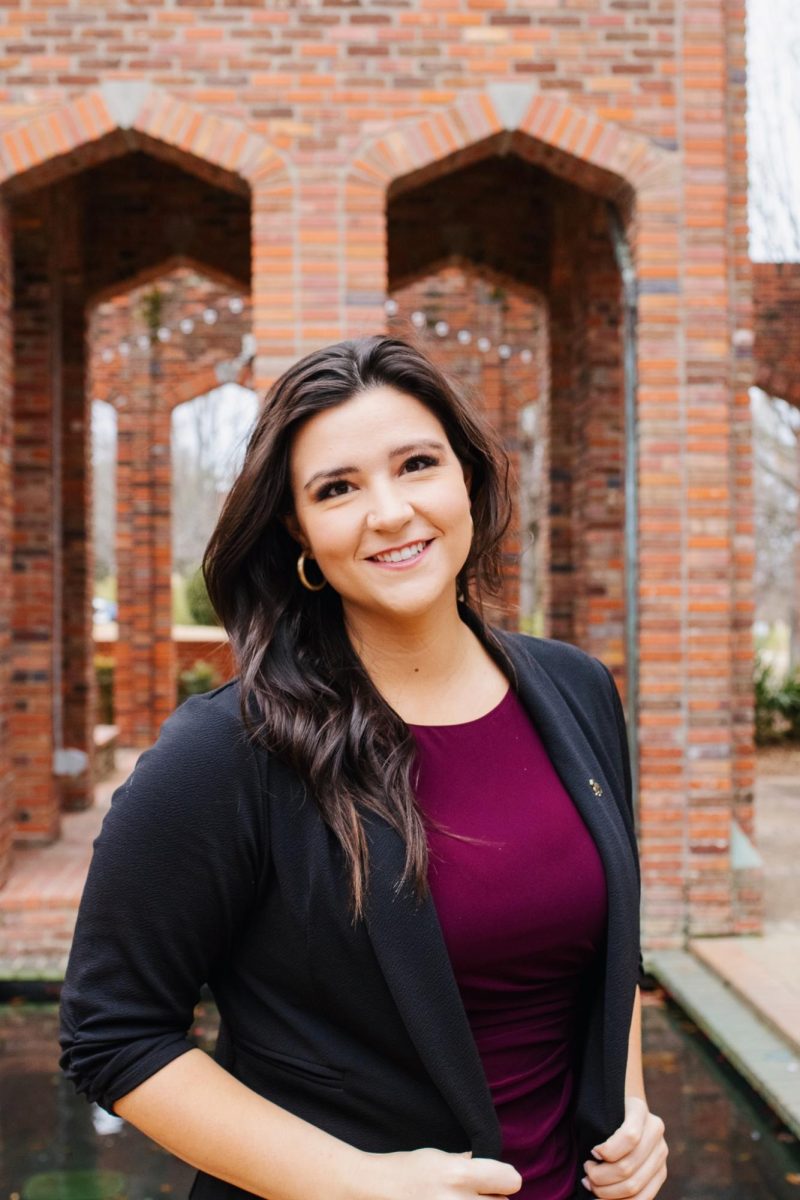According to the Bureau of Justice, the likelihood of a previous convict returning back to prison is over 70 percent. In an attempt to fix this issue, Mississippi State University and Mississippi Department of Corrections created Thinking for a Change program.
While MDOC already had a community service project implemented to fix the problem, it wanted more. MDOC Director of Electronic Monitoring Tina Ladner reached out to MSU-Meridian Criminology Professor Amanda Cook and MSU Criminology Professor David May for a possible solution.
By coming together to implement the Thinking for a Change curriculum from the national institute for corrections, MSU and MDOC help to keep the recidivism rate low and morale high for the inmates.
After many meetings, planning and brainstorming, Cook and May both knew they wanted to be involved with the program to better inmates’ lives. Every Monday, Cook and May travel to Macon to participate in the program.
Both Cook and May have spoken during the Thinking for a Change program, and they enjoy doing so.
“We’ve had career services talk about resume building, and people from social work talk about anger management,” May said. “I talk about being a father, interviewing, getting a job when you’re a felon, social intelligence and communication skills.”
Initially, the program started with just professors going to the Noxubee County Transition Center and speaking on a variety of topics, but since then it has grown.
Since the start of the program, MSU has involved criminology and sociology students. They join Cook and May in traveling to the Noxubee County Transition Center, and participate actively in the program.
The students are assigned a group of inmates and get to know them. They talk about personal life and the topic of the day which was previously discussed.
“They try to give them life advice, with the idea that they’re giving them individual attention that they don’t really get anywhere else,” May said.
While the program is too early in its stages to tell, Cook said she feels it is working.
“I joke that they are a better audience than your typical classroom full of college students,” Cook said. “They are attentive, asking questions and participate in the discussions.”
One of the major focuses of the program is encouragement.
“I constantly tell the offenders that we don’t want them here, that we prefer they were out taking care of their families doing what is right,” Commander Frank Stockett said in a release from MSU Public Affairs.
Over 80 inmates have gotten the chance to go through the program and graduate; the most recent class graduated April 12.
“You can see the hope in their eyes when they are handed a copy of their resumes to take with them,” Cook said. “Yes, they will face significant challenges, but they are better equipped to handle those challenges after completing the program than they would have been without it.”
With the MDOC partnership, the inmates have the tools to live a normal life again, according to MDOC Commissioner Pelicia E. Hall.
“We can no longer afford to supervise offenders with a ‘gotcha’ mentality,” Hall said in the Public Affairs release. “We must offer meaningful rehabilitation, using all available resources. The partnership with Mississippi State University is beneficial for both the department and the university.”
MSU program aims to reduce prison return rates
Donate to The Reflector
Your donation will support the student journalists of Mississippi State University. Your contribution will allow us to purchase equipment and cover our annual website hosting costs.


























































































